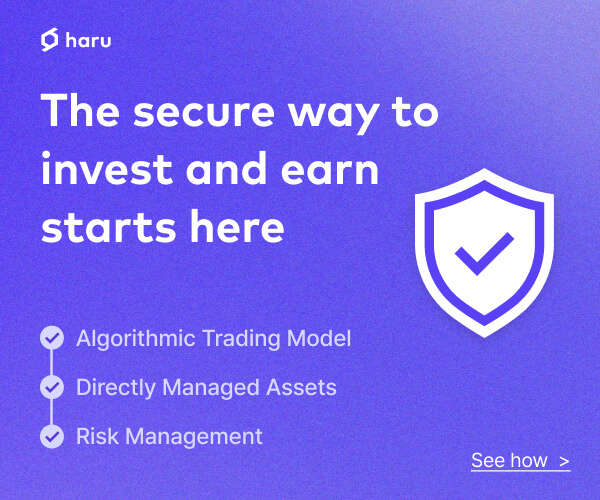Blockdaemon on Institutionalizing the Blockchain Space Against Mass Adoption – SlateCast #34

Blockdaemon is a blockchain infrastructure company established to empower crypto businesses to help them rapidly deploy and iterate innovative solutions on the blockchain. Glenn Woo, Head of Sales for the Asia Pacific region, joined CryptoSlate to talk about how the blockchain structure is evolving towards mass adoption.
Blockdaemon currently supports over 60 blockchain protocols. In addition, the company offers a wide range of node operations and tools that can be used in all project stages, from early testing to post-launch. Woo sums up what Blockdaemon does by saying:
“We provide node infrastructure. We want to be kind of like cloud providers for all companies that want to build on some kind of blockchain, we have node support for them. So it’s very easy and economical to set up your own nodes and build which application they want to build….
We call it a “node-as-a-service”
Woo also mentioned staking infrastructure, referring to it as “Blockdaemon’s bread and butter.” In addition to providing a solid node infrastructure service, the company also operates public validators for over 30 Proof of Stake blockchains.
Blockdaemon also completed its Series C funding round, raising $207 million and reaching a valuation of $3.25 billion. Woo said the company wants to integrate all its services to become a scalable infrastructure provider for blockchain companies.
Promote the adoption and institutionalization of several chains
Woo mentioned that the crypto space had experienced a growth in the number of layer 1 and layer 2 chains and bridges over the past 18 months. To respond to this expansion, projects with a significant consumer base aim to integrate into these chains as much as possible to spread across multiple chains. Woo said Blockdaemon helps bridge this gap and promotes a multi-chain future.
In addition to the existing crypto projects seeking to expand, Woo also mentioned that more and more traditional institutions are entering the crypto space. Although, despite their enthusiasm, “these institutions have very little knowledge,” Woo said, “we really want to help them onboard blockchain quickly and economically.” He stated:
“I think we contribute quite a bit to the institutionalization of space as well.”
Woo went on to explain the hassles of building a blockchain infrastructure from scratch. “For you to host your own infrastructure for everything you want to build, you need a lot of resources and hire a lot of engineers for every feature you want to build.” However, he said that Blockdaemon is trying to make this process much easier, cheaper and faster.
The problem with the blockchain trilemma
When CryptoSlate’s Akiba asked about services like Blockdaemon promoting centralization in the Web3 space, Woo explained that they don’t take sides in the centralization debate and build what the community demands.
Woo said:
“We are very agnostic. We build products based on market demand. We have an in-house protocol research team that always monitors the number of nodes and where they are deployed. So if society decides to decentralize, we will adjust for that as well.”
Woo said it depends on projects to sacrifice from one end of the blockchain trilemma. While acknowledging that decentralization is important, he also asked, “If it’s a super-decentralized blockchain with zero scalability, what’s the point?”
GameFi is the key to expanding.
Before closing, Akiba asked what the community could do to bring more people to Web3. Woo said he believed the GameFi industry had great potential to bring in new people, as it provided a familiar experience with blockchain, which could be translated into new Web3 experiences.
Woo said the gaming experience using blockchain technology can be translated to be relevant to other scenarios you might have in the digital world.


